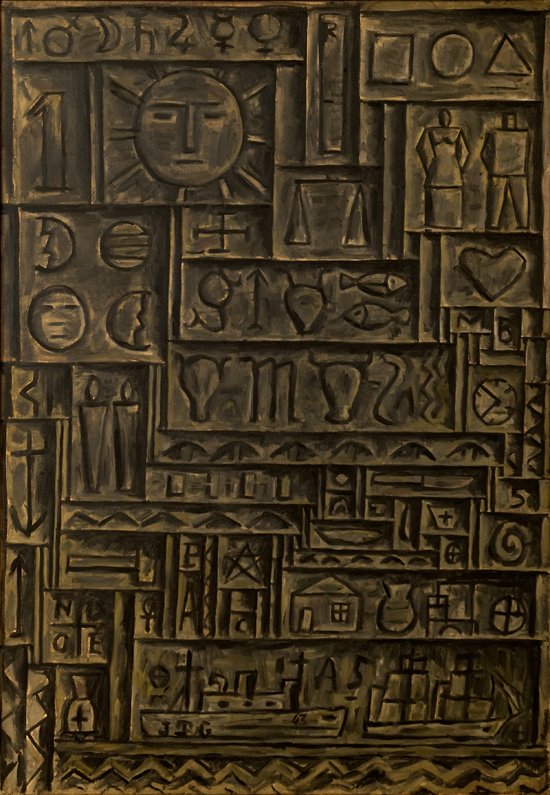Radhanim: (500–1000 CE)

By the riverbanks in a Gallic valley
they gather to lade mules and wassail
before undertaking travels arduous and parlous
along crumbling Roman trade routes
bridging the Rhone and the Euphrates,
else by sea to Egypt, Arabia, India, and China.
Their cargoes cram fungible commodities
of small bulk and high demand:
perfumes, jewelry, brocades, furs,
and steel swords; the return trip
bundles silk, oils, incense, spices, and slaves.
By turns they amble or trot on chancy routes
wending through lands lush or sere;
although relied on as neutral go-betweens,
they conceal in their scrips knives
sharpened by cutlers to deter baleful outlaws
known to waylay, just as they stuff satchels
with sundry aliments and medicaments
fortifying them against rigors harsh and harsher.
These are doughty men of roads and kingdoms,
those who know the way.
At the midpoint entrepôt in Pelusium they pause
and collapse in their lassitude and debility,
hankering for rest and refreshment,
wiping dust from weathered garments
and crust from weary eyes
while their beasts nibble driblets.
Still they grin despite ache and fatigue,
trusting that if they move apace they may reach
the ancestral homeland in time for Seder night,
on which recumbent descendants of Israel
constellate like stars to celebrate salvation
and the glory of the journey.